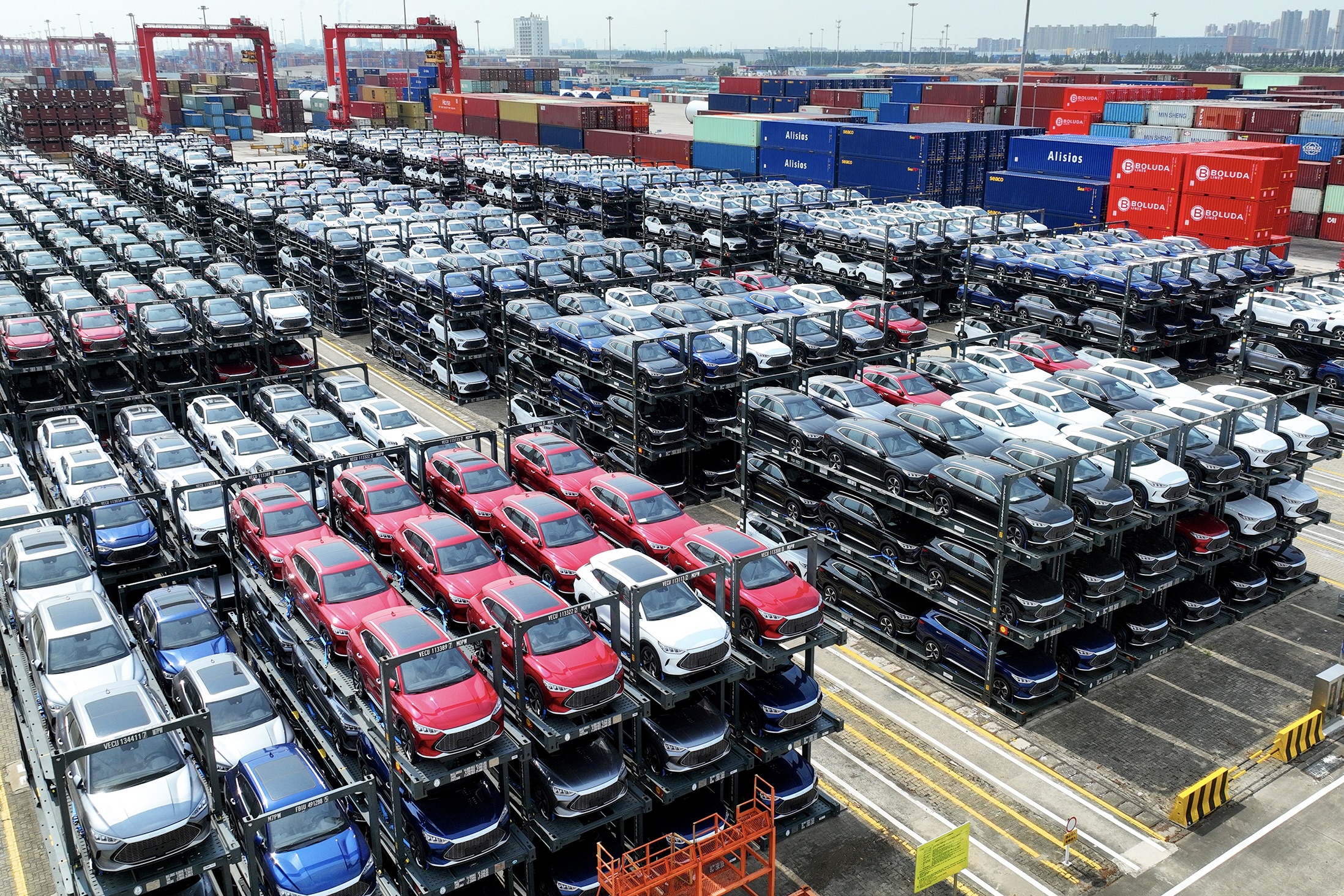
Europe Set to Impose Tariffs on Chinese Electric Vehicles
The European Commission is ramping up efforts to impose tariffs on Chinese-made electric vehicles (EVs) with rates of up to 38.1 percent starting in July. This decision comes after an EU investigation revealed unfair subsidization of Chinese automakers, such as BYD, posing a threat to European companies. The move follows similar actions taken by the United States, under President Joe Biden, who announced tariffs of up to 100 percent on Chinese EVs in May.
The EU’s decision to levy these tariffs signals a strong stance to protect the European auto industry from an influx of Chinese EV imports. By setting these countervailing tariffs strategically and differentially based on factors like subsidization levels, production sites, and cooperation, the EU aims to level the playing field rather than completely block Chinese EV imports. Notably, this decision highlights the influence disparity between French and German automakers in EU trade policy, showcasing a divide among member states with varying views on China’s car industry.
The European Commission’s move, delayed until after the European Parliament election campaign, faces some opposition from within the EU. While France supports the decision, Germany’s auto industry expresses concerns about potential retaliatory actions from China, highlighting uncertainties and the need for further discussions within the EU.
These tariffs, designed to address the surge in Chinese EV shipments to Europe and respond to US tariff actions, aim to protect EU automakers from subsidized competition while considering the implications for transatlantic relations. The EU’s approach differs from the US by applying tariffs on a company-by-company basis and offering incentives for firms to set up production in Europe.
The response from China remains uncertain, with potential retaliatory measures in key sectors like agriculture and aviation. As global trade dynamics continue to evolve, the EU’s decision reflects ongoing efforts to navigate the complex landscape of international relations and trade policies.
Image: TAICANG, CHINA – SEPTEMBER 11: Aerial view of BYD new energy vehicles waiting to be shipped aboard at an international container terminal of Taicang Port on September 11, 2023 in Taicang, Suzhou City, Jiangsu Province of China. (Photo by VCG/VCG )


